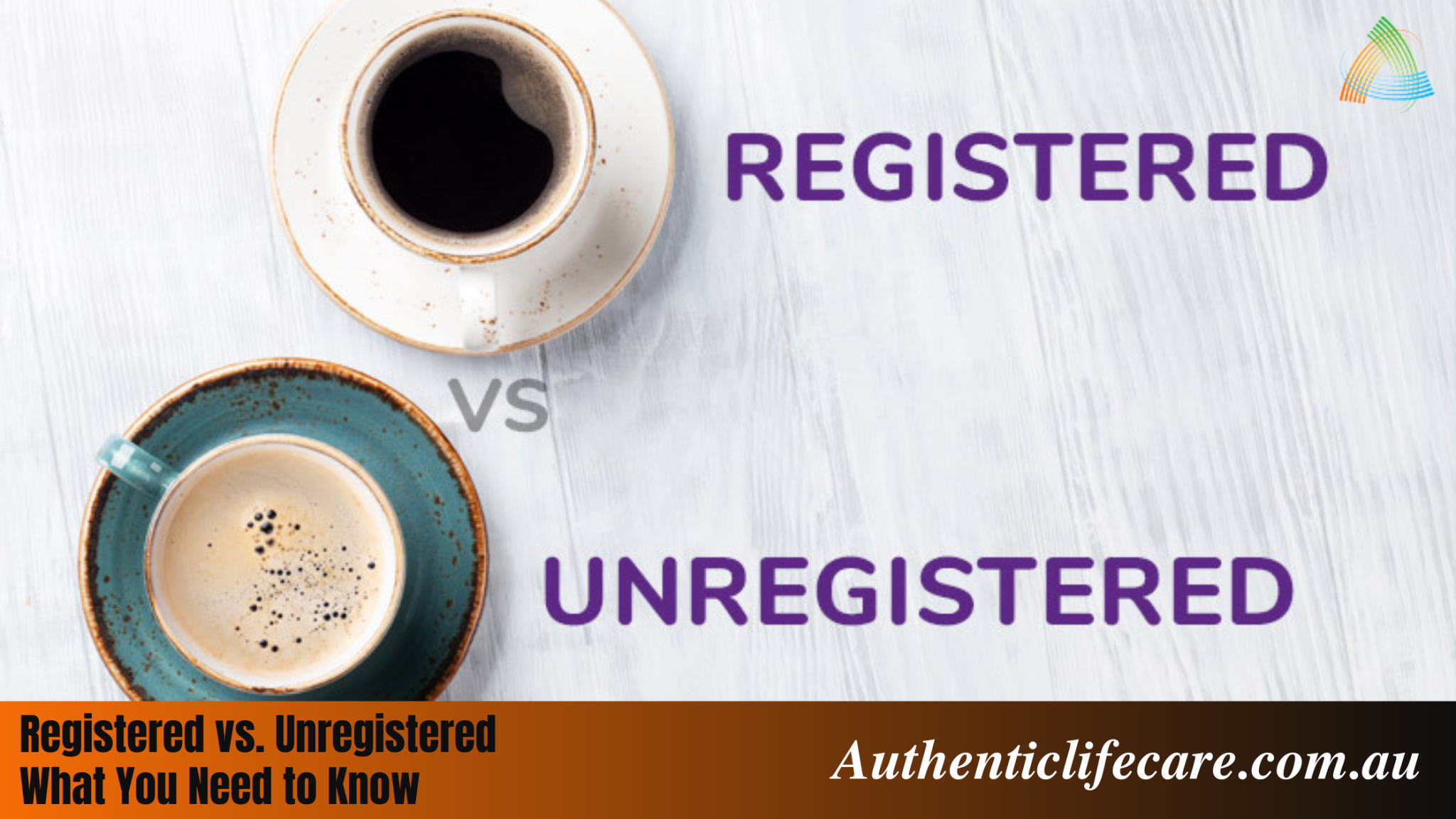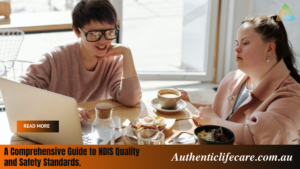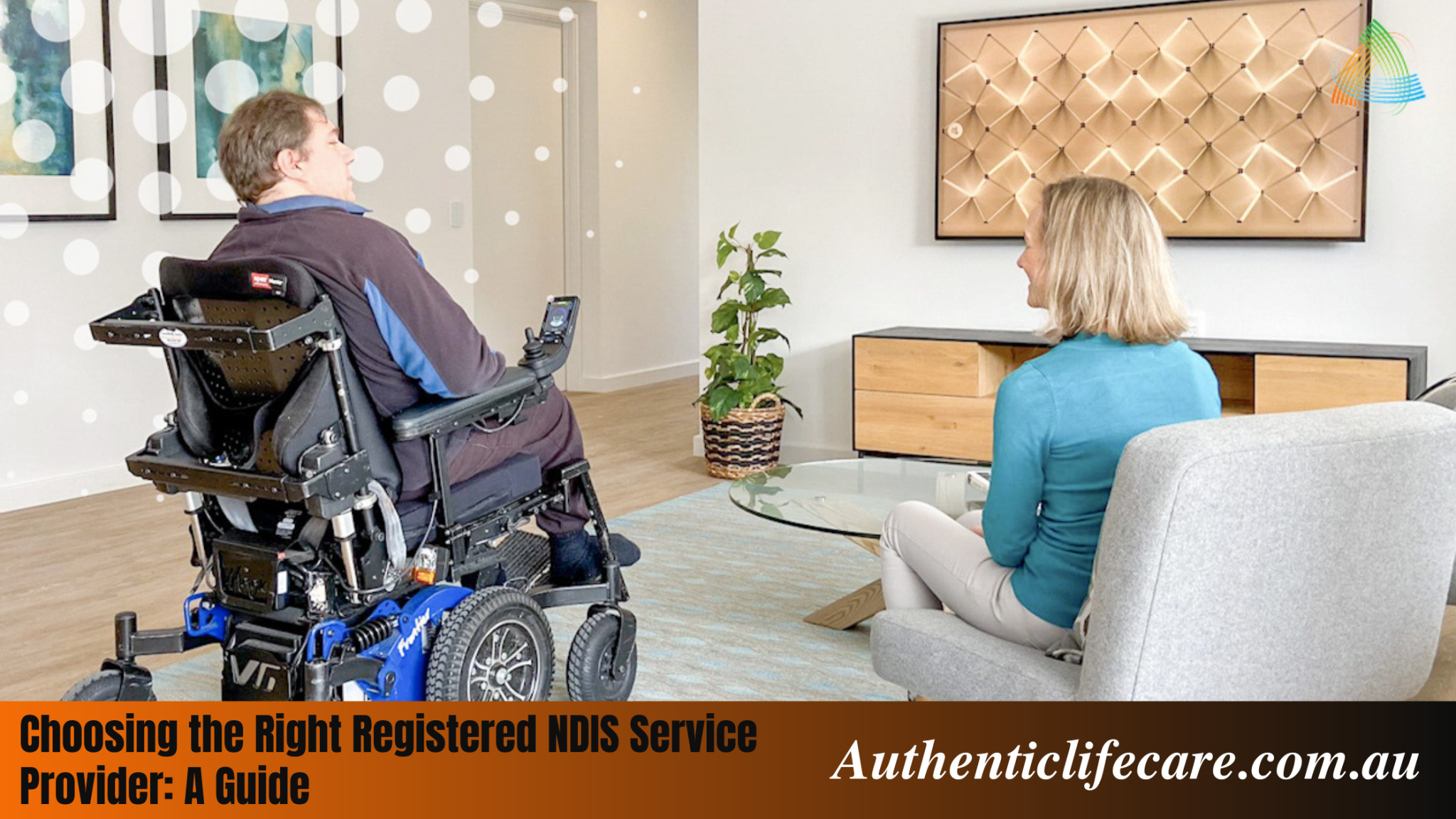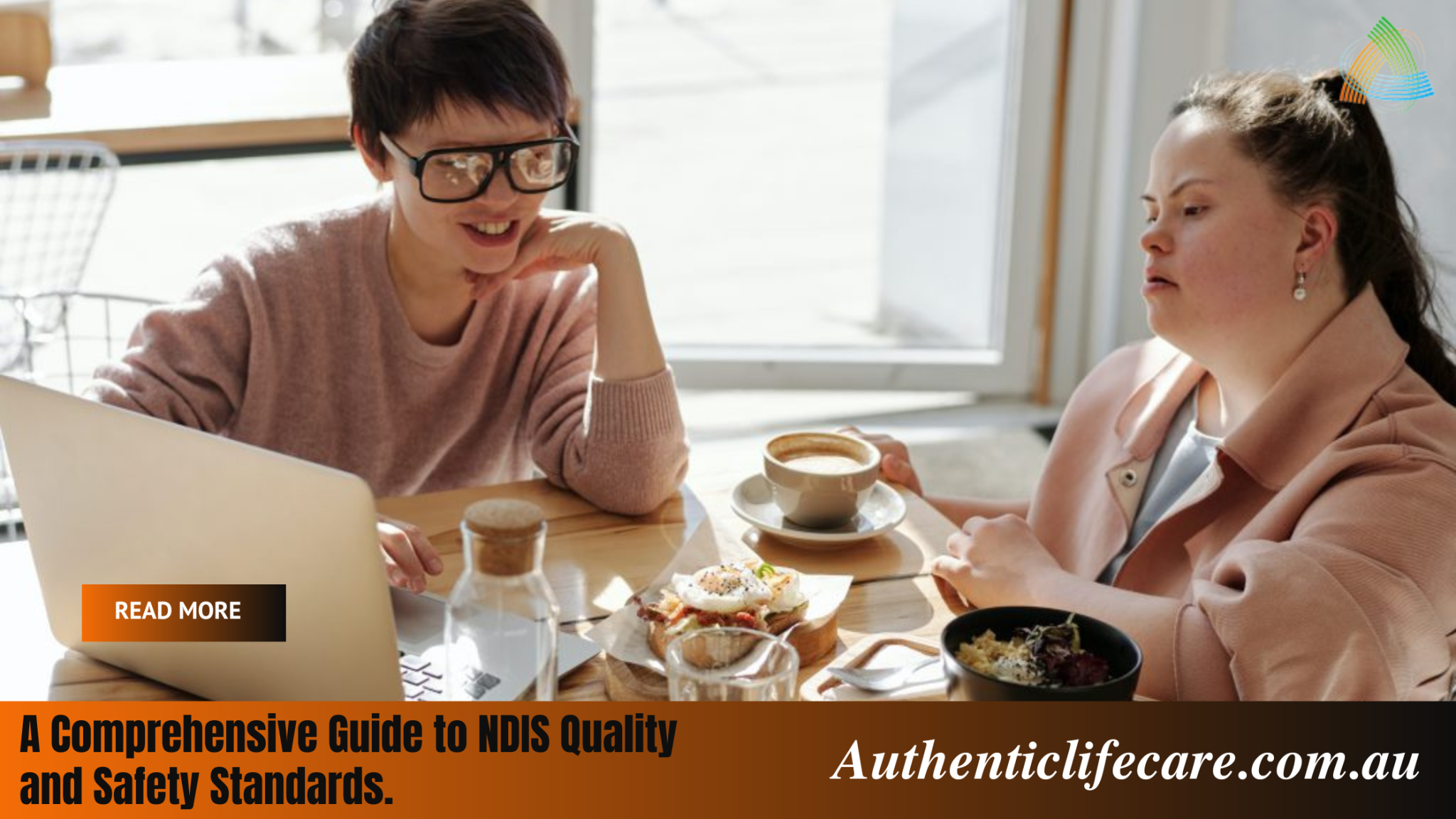As an NDIS participant, it’s important to understand the different types of service providers available to you. In Australia, there are two types of NDIS service providers: registered and unregistered. In this article, we will explore the differences between these two types of providers and what you need to know when choosing one.
Registered NDIS Service Providers:
Registered NDIS service providers have met the quality and safety standards set by the NDIS Commission. These providers have gone through a rigorous process to become registered and are regularly monitored to ensure they continue to meet these standards. Registered providers can offer a wide range of services to NDIS participants, including support coordination, occupational therapy, and personal care.
One of the benefits of using a registered provider is that they have access to NDIS funding. This means that if you have NDIS funding, you can use it to pay for services provided by a registered provider. Additionally, if you are unhappy with the services provided by a registered provider, you can make a complaint to the NDIS Commission, which will investigate and take appropriate action if necessary.
Unregistered NDIS Service Providers:
Unregistered NDIS service providers have not met the quality and safety standards set by the NDIS Commission. These providers are not monitored by the Commission and are not eligible to receive NDIS funding. However, some unregistered providers may still offer high-quality services that meet your needs.
It’s important to note that if you choose to use an unregistered provider, you will need to pay for their services out of your own pocket. Additionally, if you have any concerns about the services provided by an unregistered provider, you will need to take action yourself as they are not regulated by the NDIS Commission.
How to Choose a Service Provider:
When choosing an NDIS service provider, it’s important to consider your needs and preferences. Registered providers offer the security of meeting the NDIS quality and safety standards and access to NDIS funding. However, unregistered providers may offer more flexibility and personalised services.
Before choosing a provider, it’s important to do your research. Check their website, read reviews from other participants, and ask for references. You can also ask for a free consultation to get a better understanding of the provider’s services and how they can meet your needs.
In conclusion, registered and unregistered NDIS service providers have different benefits and drawbacks, and it’s important to consider your individual needs and preferences when choosing one. By doing your research and asking questions, you can find a provider that can offer the services and support you need to live your life to the fullest.












